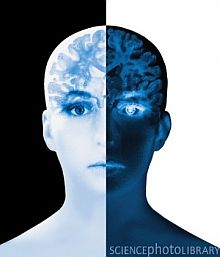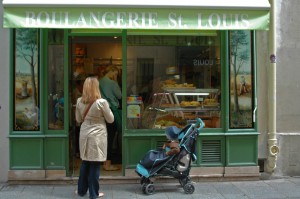 To judge a risk more clearly, it may help to consider it in a foreign language.
To judge a risk more clearly, it may help to consider it in a foreign language.
A series of experiments on more than 300 people from the U.S. and Korea found that thinking in a second language reduced deep-seated, misleading biases that unduly influence how risks and benefits are perceived.
“Would you make the same decisions in a foreign language as you would in your native tongue?” asked psychologists led by Boaz Keysar of the University of Chicago in an April 18 Psychological Science study.
“It may be intuitive that people would make the same choices regardless of the language they are using, or that the difficulty of using a foreign language would make decisions less systematic. We discovered, however, that the opposite is true: Using a foreign language reduces decision-making biases,” wrote Keysar’s team.
Psychologists say human reasoning is shaped by two distinct modes of thought: one that’s systematic, analytical and cognition-intensive, and another that’s fast, unconscious and emotionally charged.
In light of this, it’s plausible that the cognitive demands of thinking in a non-native, non-automatic language would leave people with little leftover mental horsepower, ultimately increasing their reliance on quick-and-dirty cogitation.
Equally plausible, however, is that communicating in a learned language forces people to be deliberate, reducing the role of potentially unreliable instinct. Research also shows that immediate emotional reactions to emotively charged words are muted in non-native languages, further hinting at deliberation.
Continue reading at Wired.
 Having had the good fortune to live in Paris for the last 25 years, I’ve watched the evolution of the city’s bistrots with an alternating mixture of sorrow and elation. As a dyed-in-the-wool Paris bistrot lover, though, it’s been a long time since I’ve been so upbeat and optimistic, because Paris bistrots are not just surviving but thriving, with a fresh generation of excellent new-style neighborhood bistrots adding another delicious and affordable layer of choices to the capital’s gastronomic landscape. Continue reading from France Today.
Having had the good fortune to live in Paris for the last 25 years, I’ve watched the evolution of the city’s bistrots with an alternating mixture of sorrow and elation. As a dyed-in-the-wool Paris bistrot lover, though, it’s been a long time since I’ve been so upbeat and optimistic, because Paris bistrots are not just surviving but thriving, with a fresh generation of excellent new-style neighborhood bistrots adding another delicious and affordable layer of choices to the capital’s gastronomic landscape. Continue reading from France Today.








